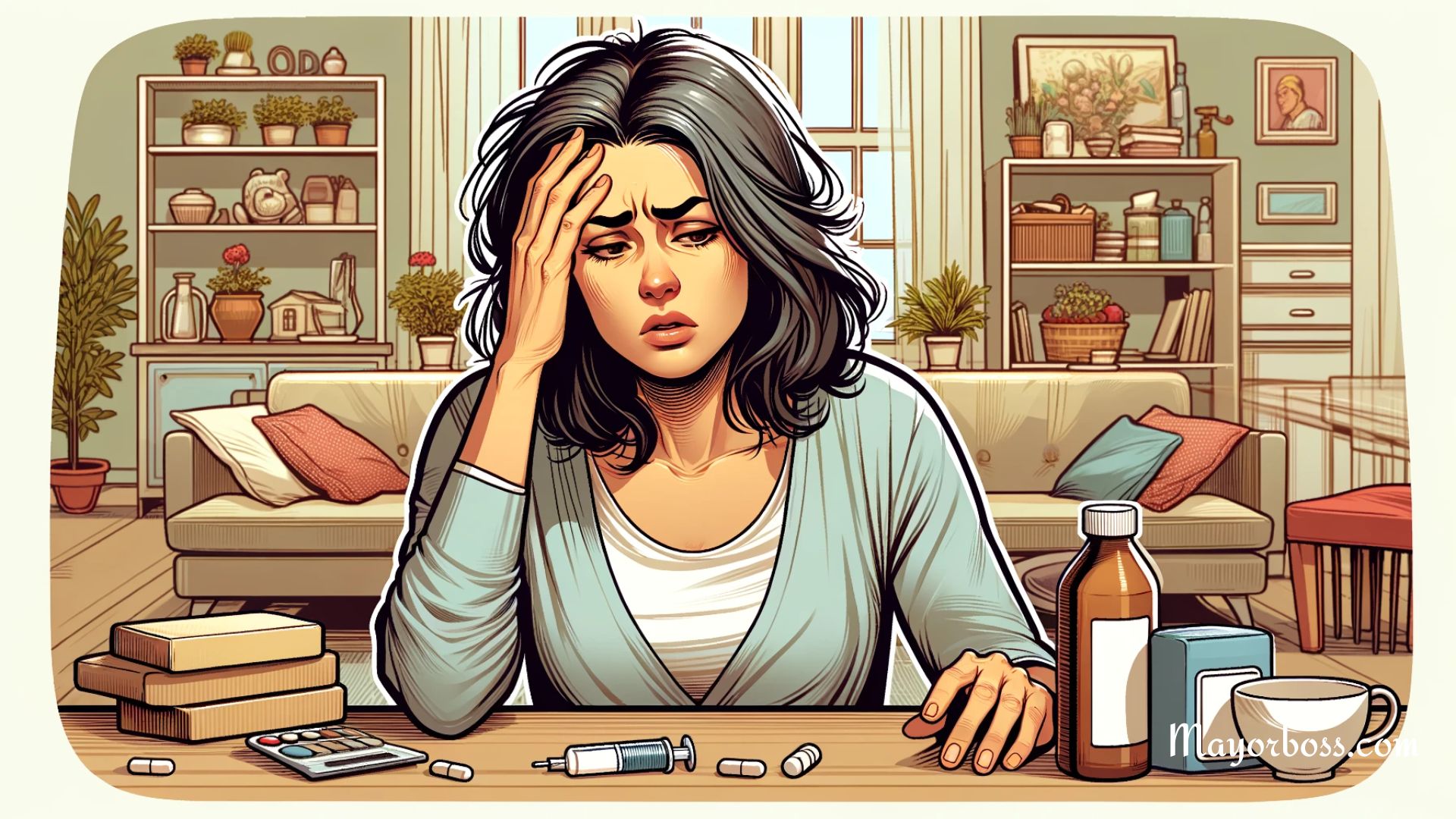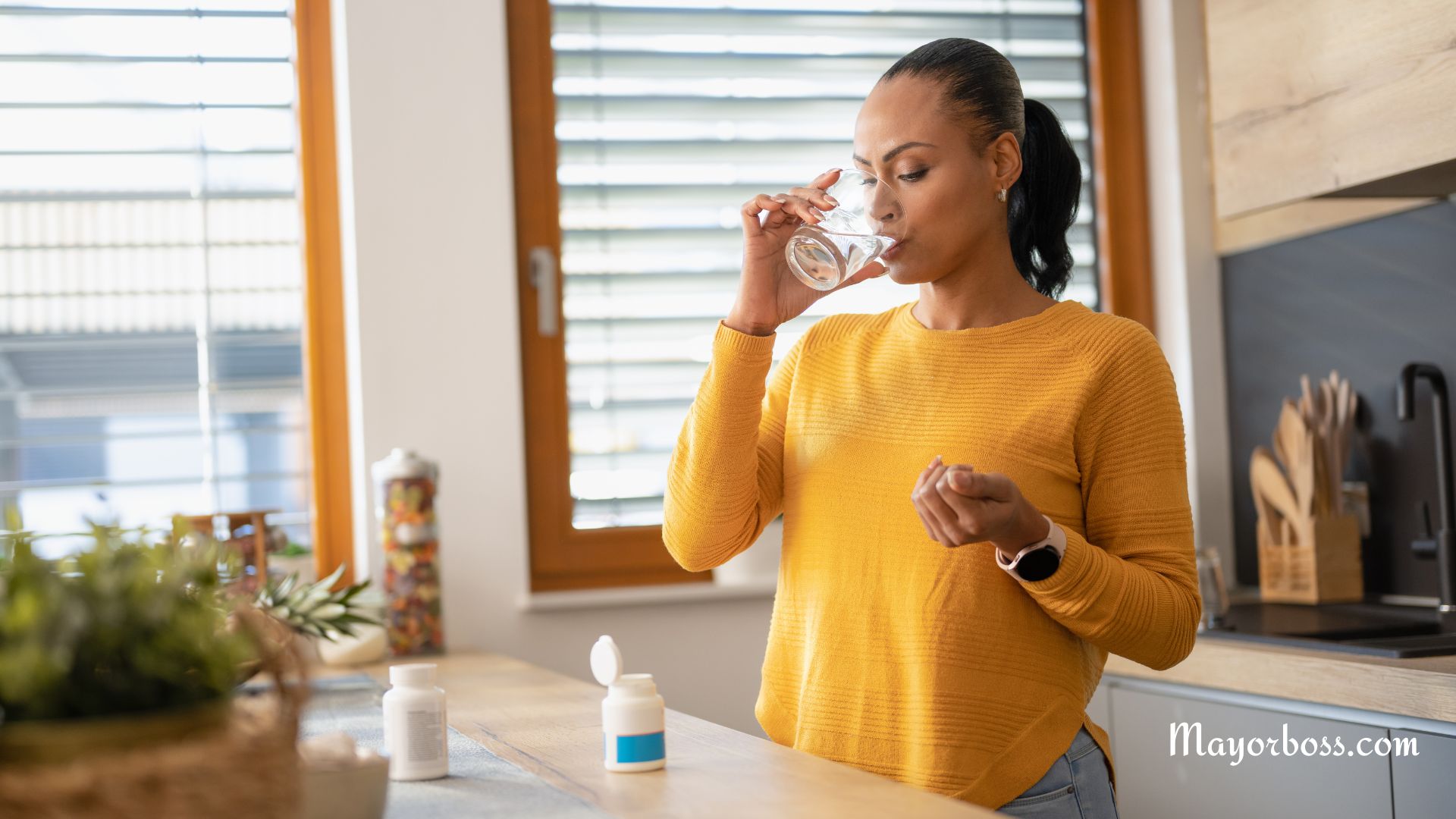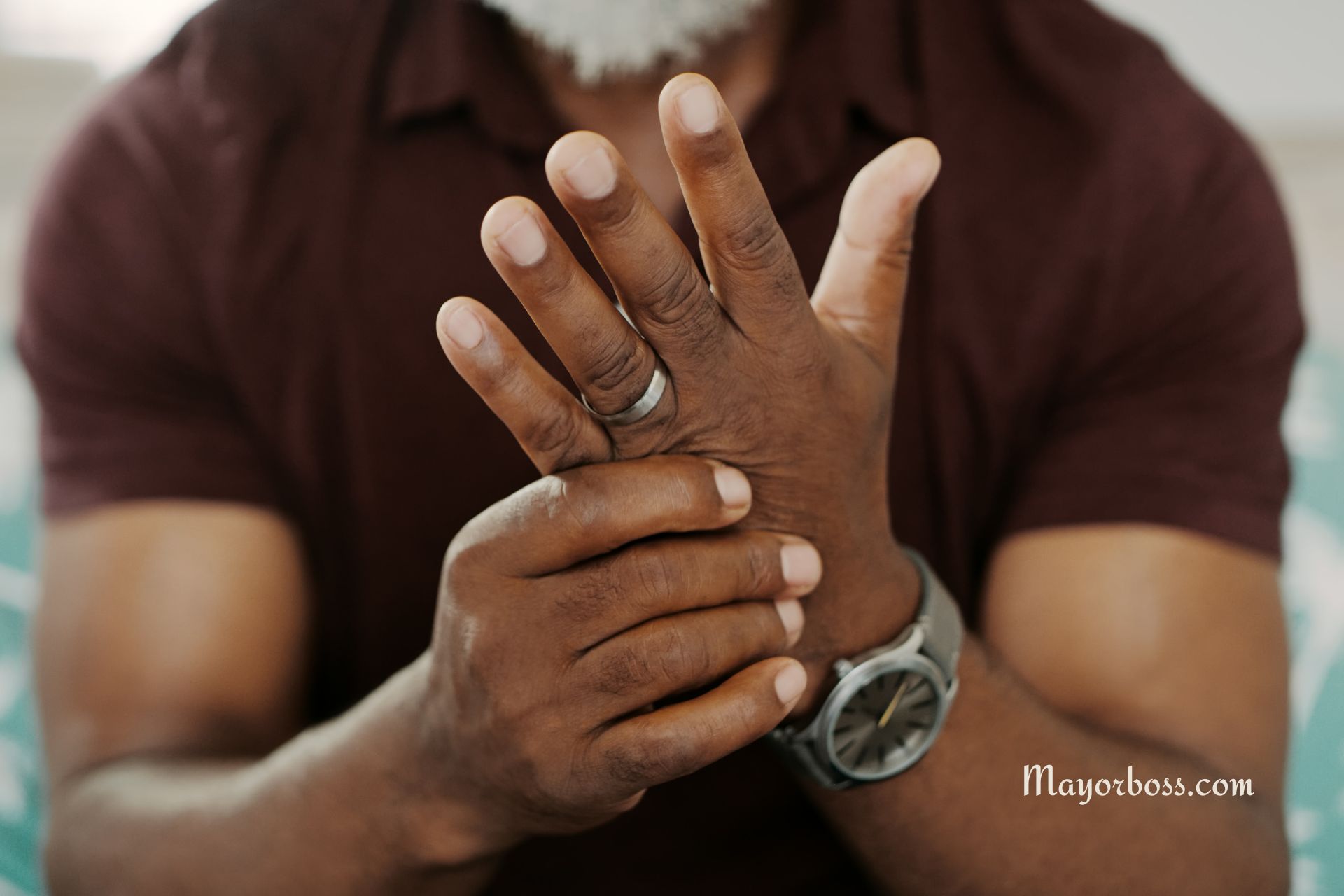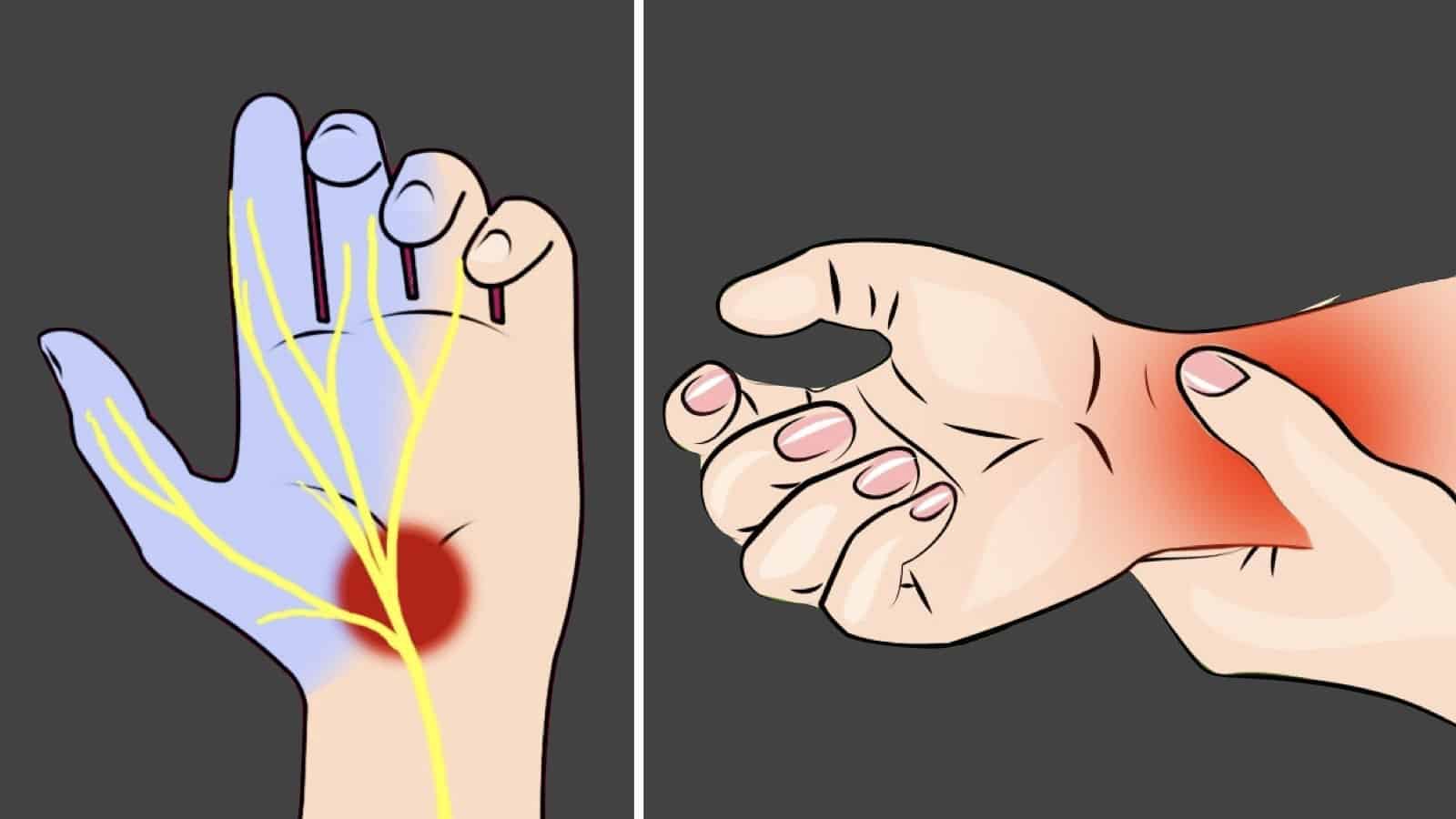This is What Your Face Tells You About Your Health and Lifestyle
Have you ever looked in the mirror and wondered if your face was trying to tell you something? Your face is more than just a bunch of features—it can actually give you clues about your health and habits. From changes in skin color to breakouts, there are many signs on your face that can show what’s going on inside your body. Read on to learn what your face might be saying about your health.
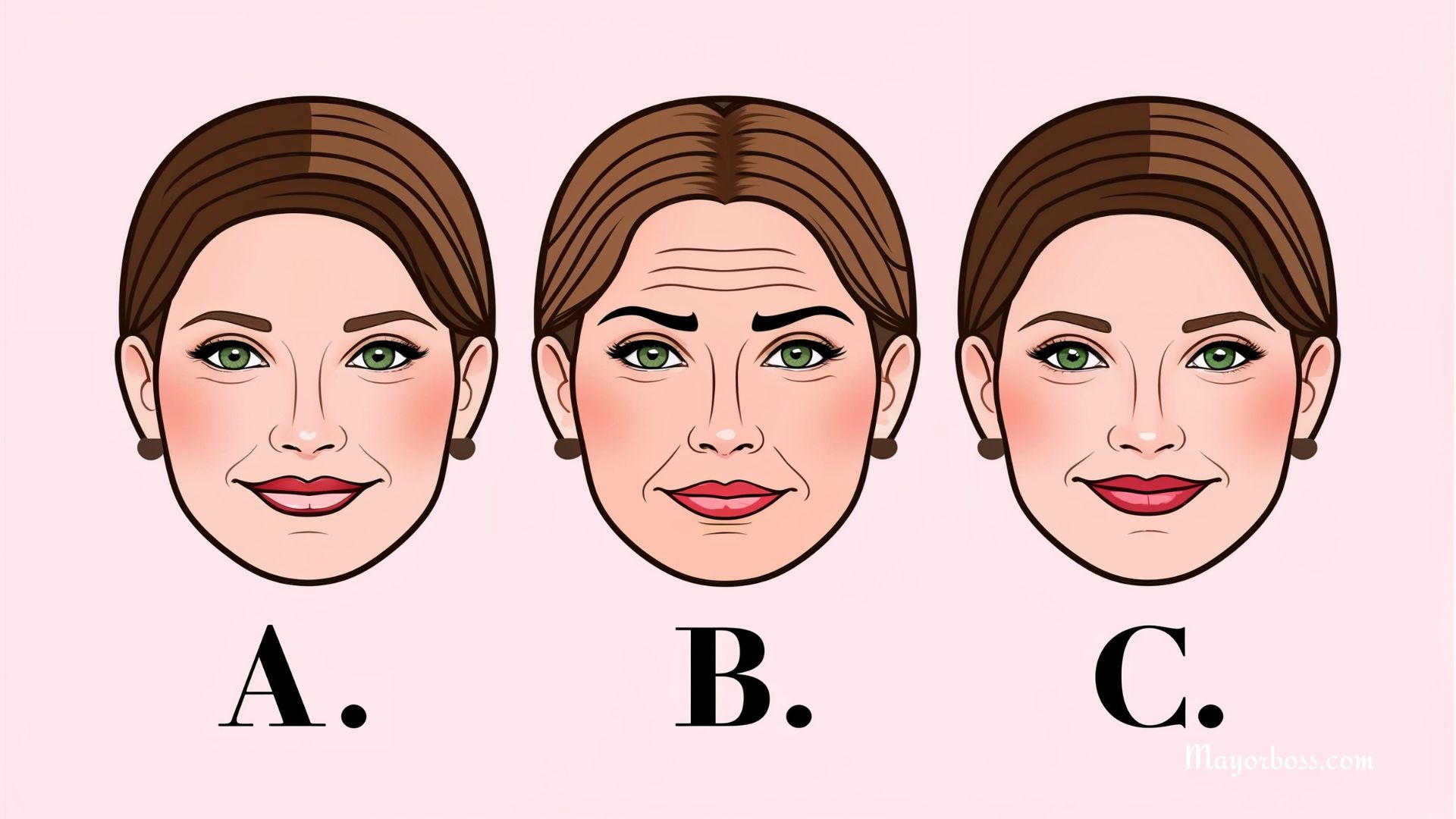
Changes in Skin Tone Can Mean a Health Problem
The color of your skin can tell you a lot about your health. If your face looks paler than usual, it could be a sign of anemia—a condition where your body doesn’t have enough healthy red blood cells to carry oxygen. That’s why people with anemia often have pale or washed-out skin. Yellowish skin could mean liver problems, like jaundice, which happens when there’s too much bilirubin in the blood.
Sudden redness in your cheeks could be a sign of high blood pressure or rosacea. Rosacea causes redness and visible blood vessels, especially around the nose and cheeks. If you notice this redness, it might be a good idea to talk to your doctor.
Dark Circles and Puffiness Might Be From Lack of Sleep or Dehydration
Dark circles under your eyes are very common, and they can mean that you aren’t getting enough sleep. But that’s not the only reason they show up. Dehydration or allergies can also cause dark circles and puffiness under your eyes.
When you’re dehydrated, the skin under your eyes can look dull, which makes blood vessels more visible, causing dark circles. Allergies can also cause what’s called “allergic shiners,” which make the skin around your eyes dark. If you see these signs, try drinking more water or get allergy treatment to see if it helps.
Dry, Flaky Skin Could Mean You Lack Certain Nutrients
If you see dry, flaky patches on your face, it could mean you are missing some important nutrients. Not getting enough vitamins like A, C, or E can make your skin dry or dull. Omega-3 fatty acids, found in foods like salmon and walnuts, also help keep skin hydrated. If your diet doesn’t have enough of these, your skin can become dry or rough.
Dry skin can also be caused by things like cold weather or harsh skincare products. If you think it’s because of your diet, try adding more leafy greens, berries, and foods with healthy fats. If it doesn’t get better, see your doctor.
Breakouts Around Your Jawline Could Be From Hormones
Breakouts don’t just happen to teenagers. Adults can get acne too, and where it shows up on your face can give you clues about why it’s happening. If you often get pimples along your jawline or chin, it could be from hormone changes.
Hormonal imbalances, which can happen during periods, pregnancy, or high stress, can cause breakouts. When hormone levels change, your body makes more sebum—an oily substance that clogs pores and leads to acne. If you keep getting acne along your jawline, talk to your doctor about ways to balance your hormones and help clear your skin.
Yellow Bumps Around Your Eyes Could Mean Cholesterol Issues
If you notice small, yellow bumps around your eyelids, they might be a sign of high cholesterol. These bumps are called xanthelasma, and they happen when cholesterol builds up under the skin.
If you see these bumps, make an appointment with your doctor to get your cholesterol checked. High cholesterol can lead to heart problems, so catching it early and making changes like eating better and exercising can help.
Fine Lines and Wrinkles Might Be From Stress or Dehydration
Wrinkles are a natural part of aging, but sometimes they show up sooner than you expect. Stress can make wrinkles worse. When you’re stressed, your body makes cortisol—a hormone that breaks down collagen, which helps keep your skin smooth. Without enough collagen, wrinkles start to form.
Dehydration can also make wrinkles form early. When your skin is hydrated, it’s more flexible and less likely to form lines. But when your skin is dry, it can look more wrinkled. Drinking enough water every day and finding ways to relax, like doing yoga or meditating, can help reduce wrinkles.
Pale Lips Could Be a Sign of Low Iron
If your lips look paler than usual, it could be a sign that you don’t have enough iron. Iron is important because it helps your body make red blood cells, and without it, your lips and energy levels might change.
Women are more likely to have low iron, especially during their periods. If you also feel tired or dizzy, talk to your doctor and try eating iron-rich foods like spinach, red meat, or beans.
Cracked Corners of Your Mouth Could Mean a Vitamin Deficiency
Cracks or sores at the corners of your mouth can be painful and might mean you don’t have enough vitamins. This is called angular cheilitis, and it’s often caused by not getting enough B vitamins, especially riboflavin (B2). Not enough iron can also make this happen.
Eating foods like eggs, leafy greens, and lean meat can help give your body the vitamins it needs to heal these cracks.
Facial Hair Growth in Women Could Be From Hormonal Issues
If women have unexpected hair growth on the chin or upper lip, it could be caused by a condition called polycystic ovary syndrome (PCOS). PCOS affects hormone levels, which can lead to more male hormones and unwanted hair growth.
If this is happening, it’s a good idea to see a doctor who knows about hormone issues. They might suggest medicine or lifestyle changes to help.
Wrinkles Around the Eyes Could Be From Squinting
Do you have lines around your eyes, also known as crow’s feet? Besides aging, these wrinkles could be caused by squinting a lot. If you’re having trouble seeing clearly, you might need an eye exam. Squinting often can make wrinkles worse around your eyes.
Getting glasses can help stop more damage. Also, wearing sunglasses outside helps protect against UV rays, which can also cause early wrinkles.
Puffy Eyes Could Be From Too Much Salt
Puffy eyes are common and can mean you need to make some changes. Often, puffiness is caused by eating too much salt. Salt can make your body hold onto water, which shows up most in the skin under your eyes.
To reduce puffiness, try eating less salty foods like chips, processed snacks, and canned soups. Getting enough sleep and using a cool washcloth on your eyes can also help.
The Takeaway
Your face can tell you a lot about your health and lifestyle. From changes in skin tone to dark circles, every line, bump, or color can give you clues about what’s happening in your body. These signs aren’t always serious—sometimes they’re just part of getting older or are from daily habits.
If you notice any changes that don’t go away or are worrying you, don’t hesitate to contact your doctor.

